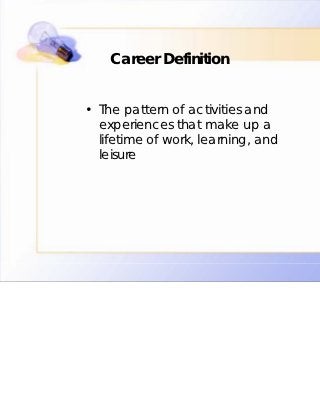
In a small company every employee has a unique role. You have more chances to develop and learn new skills in a small company. As you gain experience, you may be given a more advanced role. You may find you are able to switch between various types of work. This can allow you to grow your career with a smaller company.
Challenges of career growth in small companies
Small businesses often face problems in recruiting and maintaining staff. According to the Bank of America 2015 Small Business Owner Report, one of the biggest problems small business owners have is finding and keeping qualified applicants. It was also revealed that 59% found it difficult to find the right candidates for their small businesses. These issues can be solved by small business owners investing in their employees’ skills and development. A career development strategy requires a commitment of time and resources and should start with a skills assessment. A plan should include an assessment of employee skills and a review of training opportunities.
For good employees, smaller businesses often cannot compete with larger firms. This is a major challenge for small companies because these companies can't afford to pay their employees higher salaries. Many employees prefer to work for larger businesses with better benefits and greater career options, particularly Millenials.
Both soft and hard skills are required
Small businesses require a combination of soft and hard skills to be successful in their career growth. For example, employees need to be able to communicate well with others. This skill not only helps with professional growth but also allows for better interpersonal relationships. It is important that people can manage their emotions, provide constructive feedback, and build relationships in the workplace.

There are many types and levels of soft skill, but communication with others is the most important. Effective written and verbal communication are necessary for setting the tone of an office and building relationships. The ability to communicate effectively orally can open doors and lead to new opportunities.
Organisational structure
A formal organization structure is often lacking in small businesses. This can make it difficult to move up the ranks. You can avoid problems by choosing an organizational structure that best suits your needs. A CEO or CFO may have a team that is dedicated to their needs. In the middle may be a team for product development or marketing. This decision will depend on the company's size. Because smaller companies often have fewer layers of hierarchy, they have a high degree of overlap between roles. This can present challenges, but it can also free up teams to grow rapidly.
The organizational structure should also allow for flexibility to adapt to changes. A flexible organizational structure allows employees to work as they please while maintaining a sense of responsibility. A flat organizational structure gives employees more autonomy in deciding how they want to progress their careers. It might be a good fit for a small company, but would be difficult to implement in a large one.
Perks
Small companies can offer both benefits for the employee as well as the employer. Smaller businesses often have fewer employees. As such, employees are more likely participate in the decision-making process. Employees also have the opportunity to show their dedication and support for the business's success. Companies with fewer employees tend to offer better benefits, and are more responsible.
Small companies are also more flexible, which can provide opportunities for career growth. Many small companies provide greater flexibility for employees, including role advancements and project work. This allows them to have a wider range of experiences within the company. You will also find less rigidity about job titles, policies and procedures in smaller companies. Mentoring programs generally have a greater scope.

Promoting from Within
Smaller companies may not have many opportunities for career advancement because there aren’t any set career paths. You may be expected to help the organization define its goals or identify opportunities for improvement, and to develop solutions. In this instance, you might be better off looking beyond your area of expertise and trying to move up.
In a small company, you're more likely to see your potential employer as a partner or a mentor, and this kind of mentoring process helps employees grow in their careers. A small business owner is usually looking for people who are committed to the company's success, so it can be a great idea to promote from within.